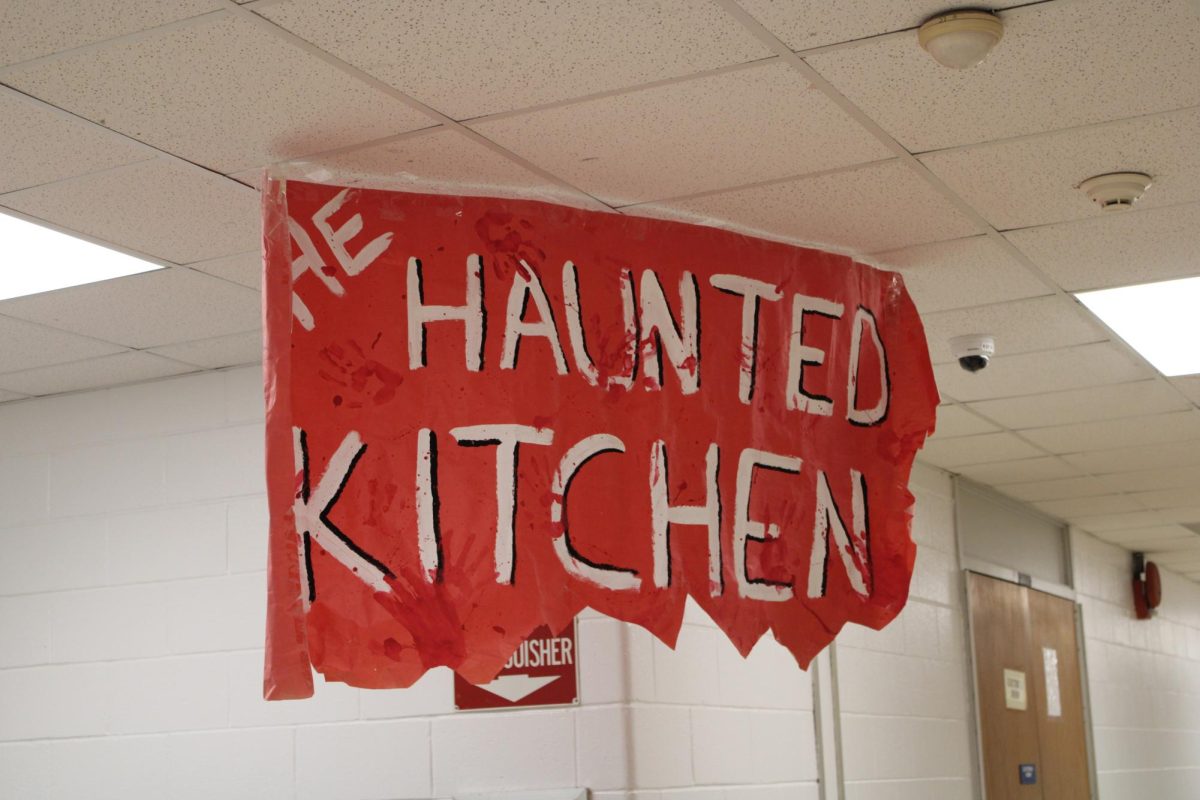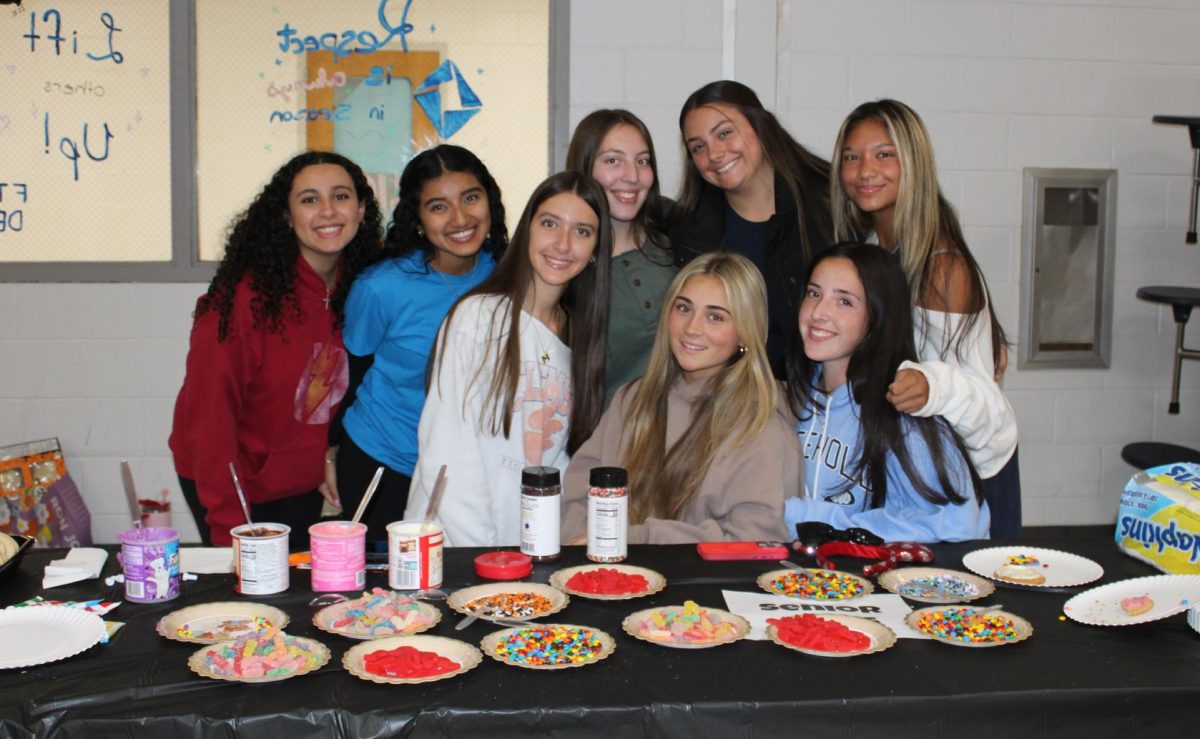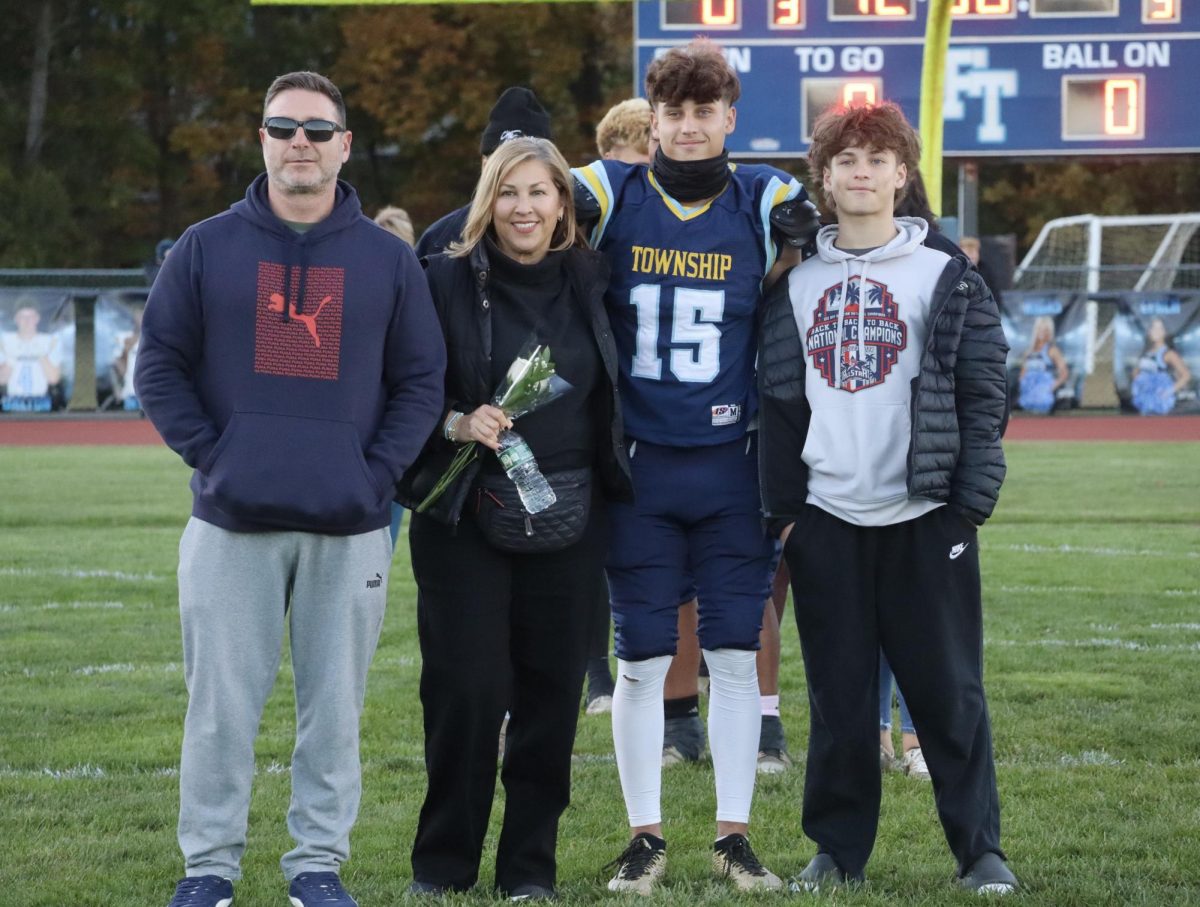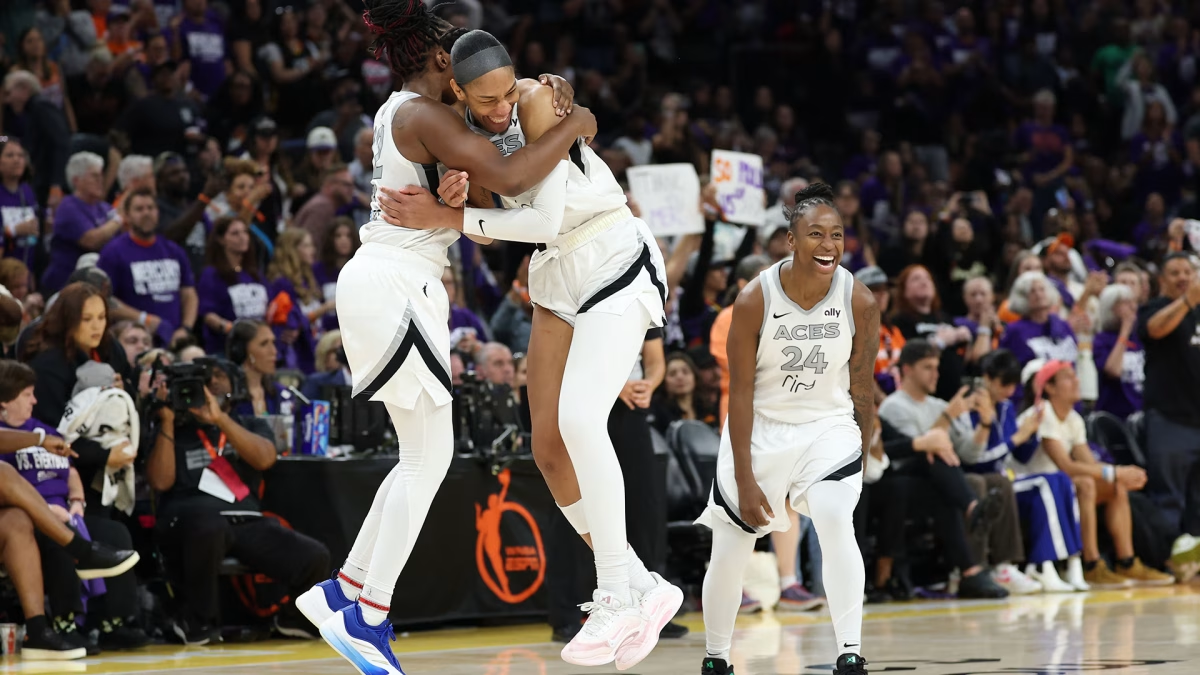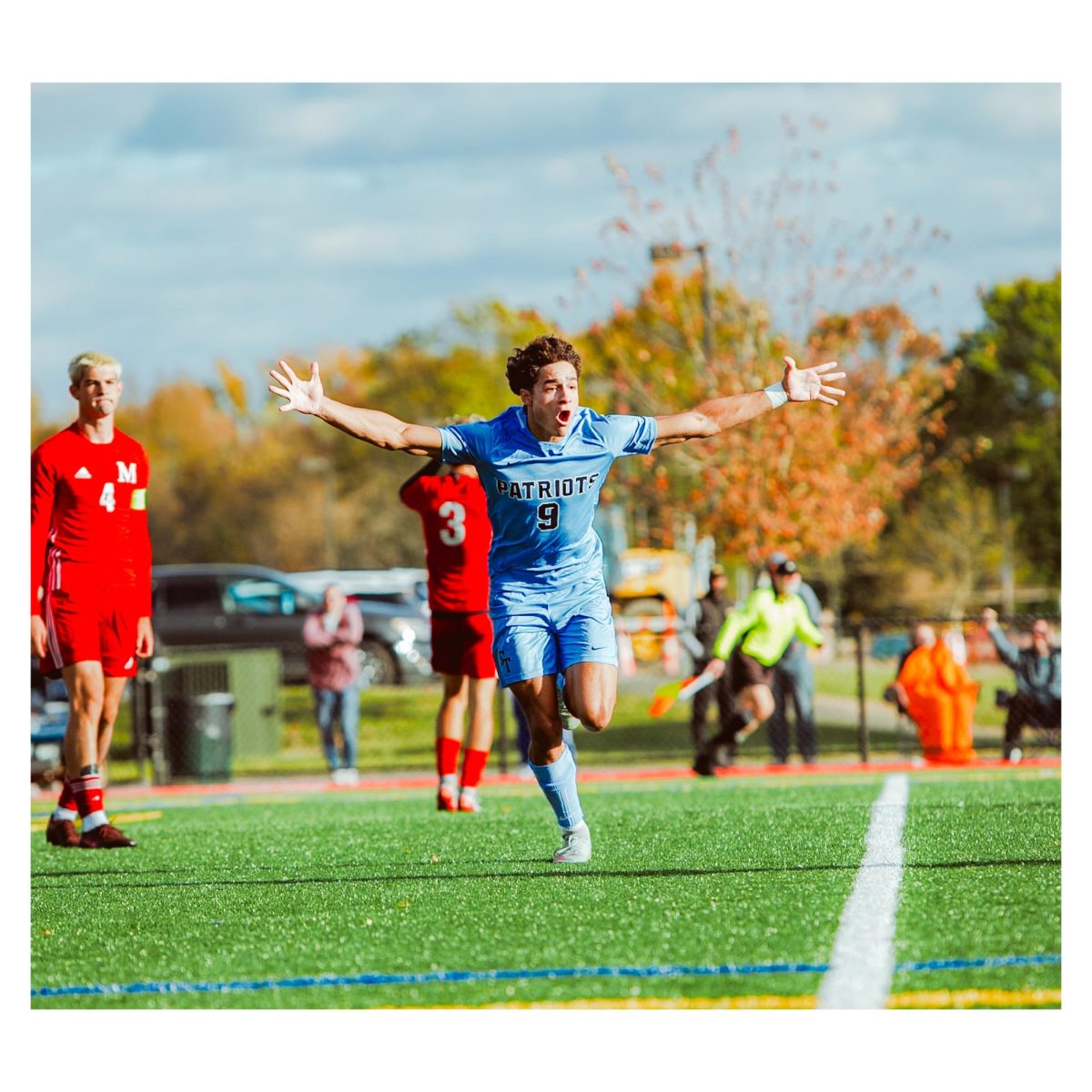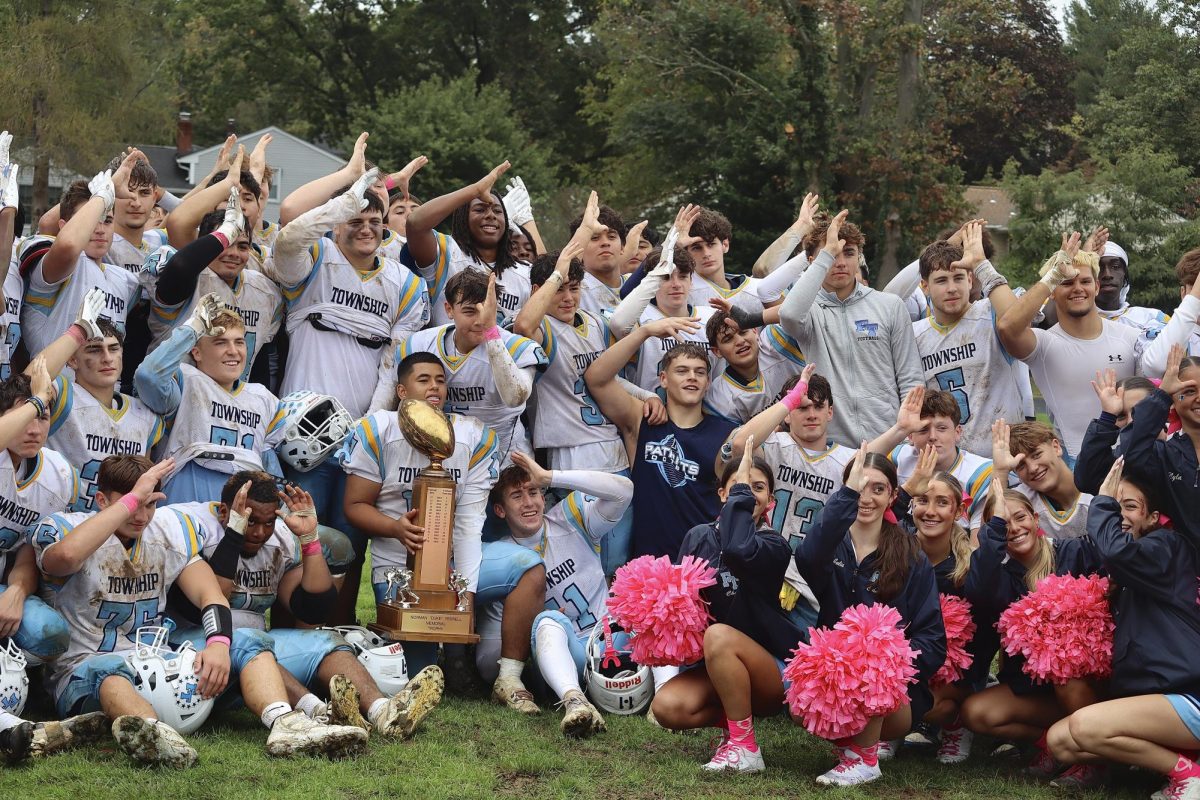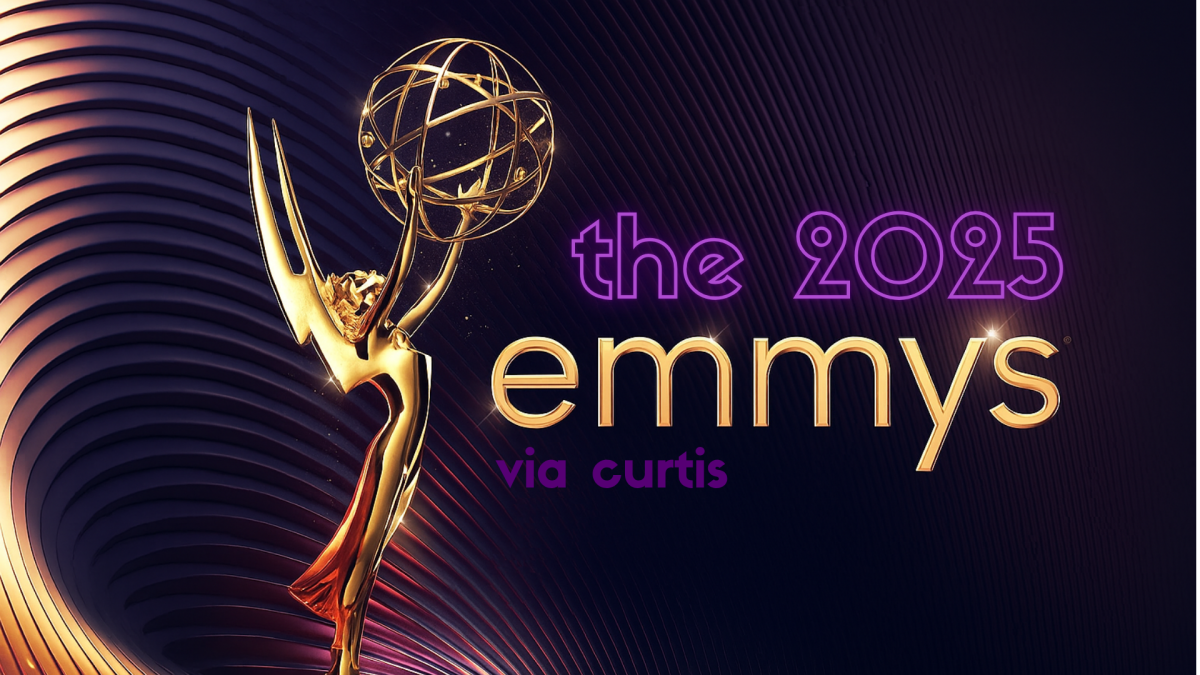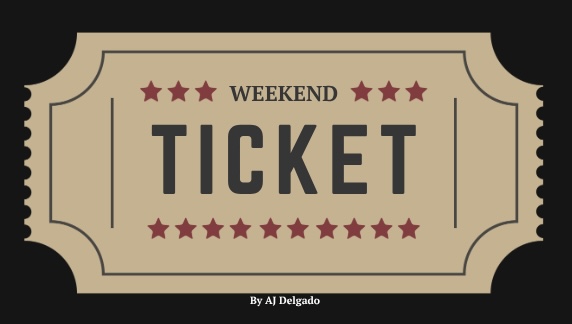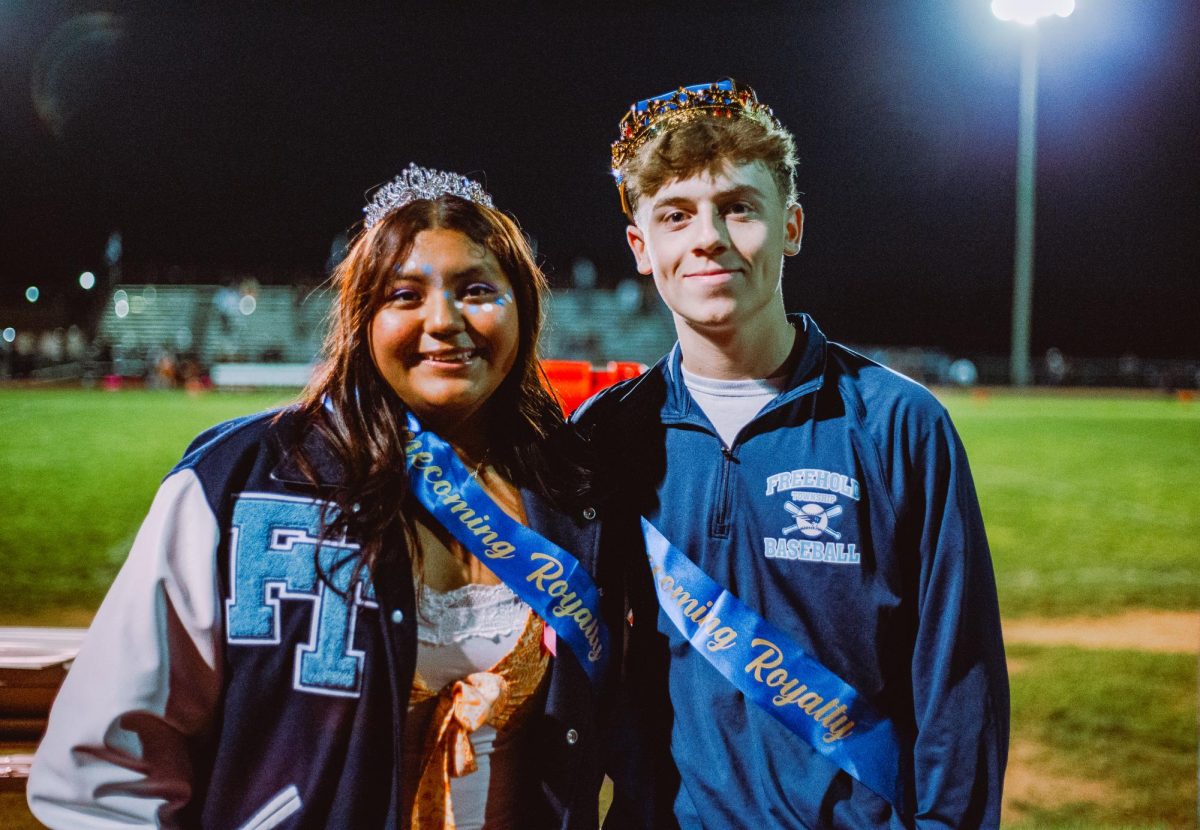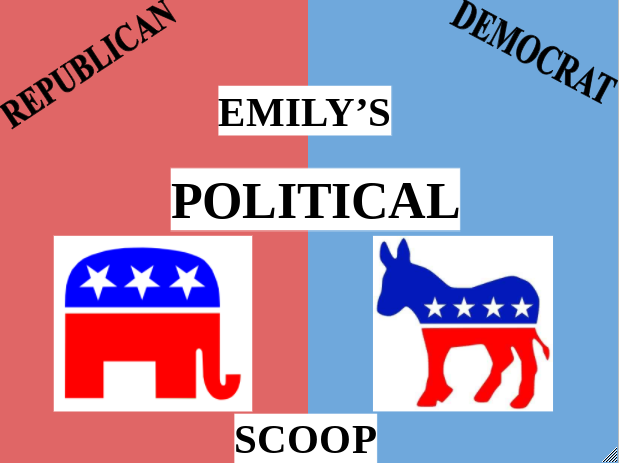Emily’s Weekly Political Scoop: Russia-Ukraine Conflict and Ritchie Torres
February 2, 2022
Russia-Ukraine Conflict: Foreign conflicts impact nations from across the seas, clear when analyzing the Russia-Ukraine conflict and the U.S.’s involvement. First and foremost, let’s establish why there is bad-blood between these two countries. NPR´s Becky Sullivan details how a 30-year-old foreign policy debate has resurfaced regarding NATO and its expansion. Formed during World War II as a mutual defense pact, NATO is the North Atlantic Treaty Organization that allows any European country to join if it meets their criteria. The pact was created with the purpose of representing Western interests and to oppose Russia’s influence in Europe, but now it wants to expand eastward. Though many affirm this policy, President Vladimir Putin of Russia finds it to symbolize the broken promises that have built up for decades (Sullivan).
For the first forty years, NATO included the U.S., their closest allies in Western and Southern Europe, and Canada and opposed the Soviet Union and their allies in Central and Eastern Europe, such as former East Germany. However, anti-communist protests changed everything when they flourished throughout East Germany and other Soviet Union allied countries in 1989 (Sullivan).
During this time, the reunification of Germany was crucial and U.S. officials considered numerous ways to entice the Soviet Leader Mikhail Gorbachev to let it happen. Secretary of State James Baker then discussed with Gorbachev that in exchange for unity, NATO would promise to not expand eastward but President George W. Bush squashed that idea and more formal negotiations continued throughout 1990, never including an actual offer of a ban on NATO expansion. Nevertheless, figuring out what happened during that Baker-Gorbachev discussion is not clear as different people have conflicting perspectives (Sullivan).
After examining records, NATO’s enlargement was already talked of in 1990 and Gorbachev signed a treaty later on to withdraw from East Germany for financial concessions without any limits on NATO. But where does Ukraine come in? Ukraine has been a major component of alliance talks since its independence from the USSR in 1991 and today, four members of NATO are on their borders. Putin’s disdain for their approval into the organization was and remains based on his opinion that Ukrainians and Russians are single people and unified by language, culture, and religion. For the U.S. and its allies, however, Ukraine independence demonstrated the end of Russia as a powerful empire (Sullivan).
Therefore, Bush advocated for Ukraine’s membership into NATO in the 2000s and in 2008, Goldgerir promised that Ukraine would someday join the organization. The claim did not prompt a distraught outburst from Russia at the time but we are feeling the effects of it now in 2022. Here’s the deal: Ukraine can’t just join NATO because it needs to meet certain requirements and go through a process called the “Membership Action Plan.” Unfortunately for Ukraine, NATO allies have not granted them approval to begin this process for reasons including Russia’s protest. Not only has their outward opposition hindered membership for Ukraine but it has propelled the U.S. and NATO into consideration over NATO “open-door” policy Putin declared in December, “You promised us in the 1990s that [NATO] would not move an inch to the East. You cheated us shamelessly,” and though the US responded that a ban on NATO’s expansion was never even considered, that’s not stopping Putin from demanding a permanent ban on Ukraine (Sullivan).
You know that mindset that if someone tells you not to do something, you just want to do it more? That’s what’s happening to Ukrainians, who are now more enticed to look towards the West. Condoleezza Rice, Former U.S. Secretary of States, explains, “Ukraine is moving closer to the West – but it’s doing it because the Russians have been annexing Ukrainian territory and threatening the Ukrainians.” Former senior U.S. intelligence officer Andrea Kendall-Taylor expands, “Putin, over his 22 years in power, has tried and failed repeatedly to bring Ukraine back into the fold. And I think he senses that now is his time to take care of this unfinished business” (Sullivan).
So what is Russia doing about it now? NPR’s Daniel Estrin and Becky Sullivan report that Russia has sent more than 100,000 troops to the borders of Ukraine and authorities of Ukraine are working to prepare for an attack of some kind. The President of Ukraine Voldymyr Zelenskyy has stated that they are ready for hybrid warfare, a mix of conventional attacks and other kinds of warfare, from Russia. Yet, experts and authorities report a differing view (Estrin).
Ukraine has been the target of cyber-attacks on multiple occasions and two weeks ago, they suffered a massive one that took down dozens of Ukrainian government sites for a period of time. Though the U.S. is providing them with hardware, software, and training to protect the country’s infrastructure, it is unclear whether Ukraine could stop Russia from halting their network. However the disinformation Russia has been spreading to Ukrainians with the purpose to scare and confuse them has diminished in effectiveness, and Kyiv, the capital city, is preparing its people. Further, Ukraine’s military has improved and strengthened significantly in the last 8 years (Estrin).
All-in-all, the conflict between these two nations is universally felt and Russia’s next moves will impact the state of foreign policy as we know it. Stay tuned and attentive to newly developed events and declarations.
Immerse into the Diverse: The LGBTQIA+ community continues to face prejudice in 2022, despite claims of being an inclusive society free of discrimination. Children, adolescents, and adults alike who are not straight, cis, or define themselves in the parameters of the gender binary face scrutiny and hatred on a daily basis that has resulted in detrimental effects. According to the National Sexual Violence Resource Center, “LGBTQIA+ people are four times more likely to experience violence in their life than their straight counterparts” and “LGBTQIA+ people of color face heightened bigotry at the intersection of their race and their queerness by society at large” (“Fact Sheet on Injustice in the LGBTQ Community”). Thus, it is crucial to have representation for the LGBTQIA+ community, specifically those of color, in higher sectors of government. Further, it is important to highlight such figures with the start of Black History month this February (by the way, happy Black History month!). To kick this month off on the right foot, let’s discuss Representative Ritchie Torres.
BLACKPAST details that Democratic Representative Ritchie John Torres was born on March 12, 1988 in the Bronx, New York from an African American mother and Hispanic father born in Puerto Rico, Torres himself identifying as Afro-Latino. His father was absent during his childhood as he was married to another woman and all by herself, his mother raised him along with his twin brother and non-twin sister (Nielsen). LGBTQ Victory Fund expands that his mother worked minimum-wage jobs that paid $4.25 an hour to pay the bills and his family endured poverty and struggle (Dfitzgerald).
He lived in the Throgs Neck public housing project in the East Bronx which ultimately caused him to develop asthma due to the mold and leaks in the apartment, visiting the hospital frequently (Nielsen). He grew up without reliable heat or hot water, privileges many in modern society take for granted, he witnessed the government spend millions of dollars on glorified things just across the street from his apartment complex, sparking his interest to shift the economic focus in government (Dfitzgerald).
A student at Herbert H. Lehman High School, he aspired to be a lawyer and was captain of the law team consisting of moot courts and mock trials. His dream became more promising when he was chosen for a program called “District Manager for a Day” and got to shadow Bronx politician Jimmy Vacca. However, one of the most influential aspects of his high school experience occurred in junior year when he came out publicly as a gay man. In 2008, he graduated from high school as a proud member of the inaugural class of the Coro New York Exploring Leadership Program (Nielsen).
Post-graduation, Torres experienced many highs and lows, steps forward and steps back. He first became an intern in the mayor and attorney general’s offices and spent his time volunteering for Councilman Vacca during his successful campaign. He then attended New York University (NYU) for a short-period of time but dropped out due to severe depression about his sexuality that involved suicidal thoughts during his second year. He then worked for Vacca and became a crucial staffer and housing director when Vacca was employed as deputy leader of the New York City Council (Nielsen).
The start of his political career was as a housing organizer, Torres himself explains in an interview with CNBC, as a way to advocate for poor people of color in public housing. Naturally, his upbringing and personal experiences drove him to journey down the path of governmental reform as he states, “I had a sense that politics historically has been unrepresentative of me and people who grew up as I did. I know what it’s like to experience housing insecurity and food insecurity. I know what it’s like to experience racism, and colorism and homophobia. I know what it’s like to have family entangled with the criminal justice system”(Connley). In 2013, his profession blossomed as he successfully ran for council member of the 15th district of New York, becoming the first openly gay Afro-Latino member, first openly gay candidate elected in the Bronx, and youngest elected official of the year (Nielsen).
Immediately, he orchestrated a New York City Council hearing in a public housing project as a way to show members its conditions and maintenance up close and personal. He became chair of the Committee on Public Housing and the Oversight and Investigations Committee for the council. As a member, he passed over 40 pieces of legislation and served from 2013 to 2020 but his political standing reached a farther scope. At the 2016 Democratic National Convention, he was a delegate for Bernie Sanders and was an advocate for Israel (Nielsen).
In the summer of 2019, he announced he was running for the position of 15th district representative which he won in the infamous November 2020 election. His success has made him the first openly gay Afro-Latino in Congress, which he officially became part of in January 2021. In relation to his stance as a leader, he states, “And so I govern from a place of lived experience. I do not fit into the typical profile of a member of Congress. I do not have a net worth of a million dollars. I do not have fancy credentials” (Connley). Today, he is one of the nine co-chairs of the Congressional LGBTQ+ Equality Caucus, vice chair of the Committee on Homeland Security, and a member of the Committee on Financial Service while residing in the South Bronx (Nielsen).
His plans and priorities include the Equality Act for the LGBTQIA+ community, granting equal protection under the law regardless of one’s sexuality or gender, and establishing accessible credit for LGBTQIA+ businesses in partnership with the LGBT Chamber of Commerce (Connley). Further, NBC News elaborates how COVID-19 emboldened his mission in “break[ing] the cycle of racially concentrated poverty” and the sheer importance of recognizing the pandemic’s affect on communities color who “have been left behind by the federal government” amidst “the unraveling of the social safety net” in America (Acevedo).
Representative Ritchie Torres has broken the parameter inflicted on the LGBTQIA+ community and the people of color who identify themselves in it. His continuous fight for equality and influential position in government has furthered the development of inclusivity embedded in the American government and his experiences provide needed representation in Congress. However, that is not all he has taught the public. One of the lessons he lives by is “Even in your moments of greatest darkness, never lose hope,” a message many people need to be aware of (Acevedo). Torres’s focus on numerous issues and the crucial steps to improve the country has had influential effects and makes him important to know about.
Works Cited
Acevedo, Nicole. “Rep. Ritchie Torres Feels ‘the Weight of History’ on His Shoulders.” NBC
News, 5 Feb. 2021,
www.nbcnews.com/news/nbcblk/rep-ritchie-torres-feels-weight-history-his-shoulders-n
256081.
BBC News. “Ukraine-Russia Tensions: British Troops ‘unlikely’ to Fight – Truss.” BBC News,
30 Jan. 2022, www.bbc.com/news/uk-60188690.
Connley, Courtney. “‘My Election Represents a Distinctive Type of Breakthrough’: 4 LGBTQ+
Leaders on Identity and the Power of Diversity in Politics.” CNBC, 25 June 2021,
www.cnbc.com/2021/06/25/4-lgbtq-leaders-on-identity-and-the-power-of-diversity-in-po
itics.html.
Dfitzgerald. “Torres, Ritchie –.” LGBTQ Victory Fund, victoryfund.org/candidate/ritchie-torres.
Estrin, Daniel, and Sullivan, Becky. “Is Ukraine Ready for a Russian Attack? It Depends What
Kind Facebook Twitter Flipboard Email.” NPR, 29 Jan. 2022,
choice.npr.org/index.html?origin=https://www.npr.org/2022/01/29/1076699748/ukraine-
ussian-attack-preparation.
“Fact Sheet on Injustice in the LGBTQ Community.” National Sexual Violence Resource Center,
www.nsvrc.org/blogs/fact-sheet-injustice-lgbtq-community.
Nielsen, Euell. “Ritchie Torres (1988- ) •.” BLACKPAST, 27 Nov. 2021,
www.blackpast.org/african-american-history/people-african-american-history/ritchie-tor
es-1988.
Sullivan, Becky. “Explaining NATO and Ukraine: How a 30-Year-Old Debate Still Drives Putin
Today Facebook Twitter Flipboard Emailv.” NPR, 29 Jan. 2022,
choice.npr.org/index.html?origin=https://www.npr.org/2022/01/29/1076193616/ukraine-
risis-russia-history-nato-expansion.






